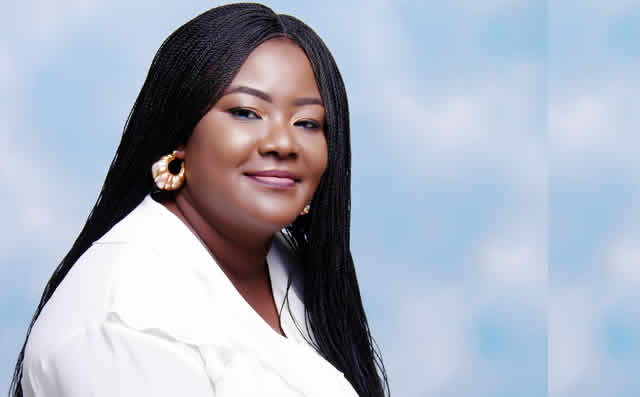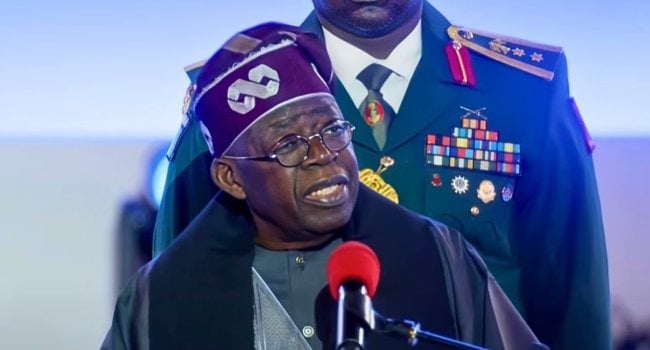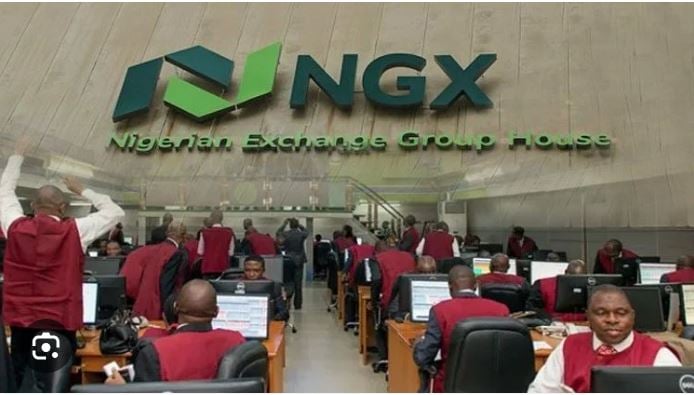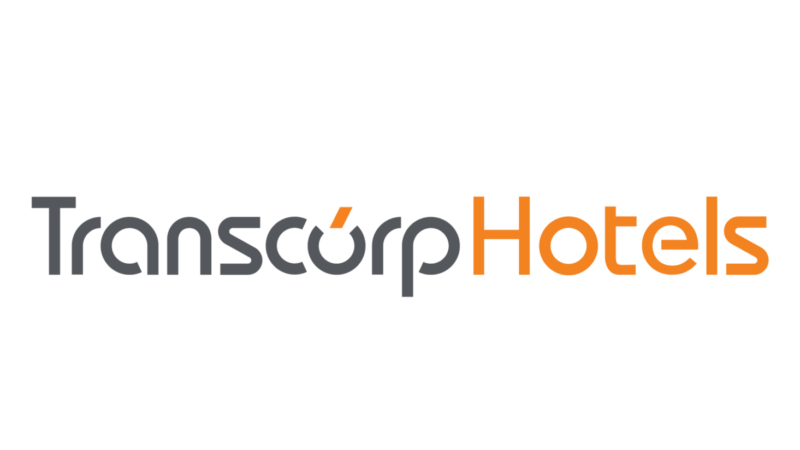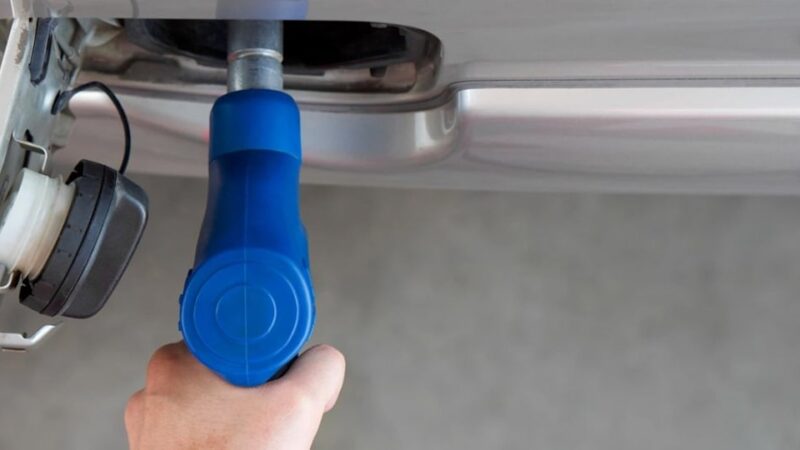Customers back CBN’s push for faster ATM refunds

The Bank Customers Association of Nigeria has expressed support for the Central Bank of Nigeria’s draft exposure on the use of Automated Teller Machines, which proposed a 24–48-hour refund rule.
This was disclosed by the president of BCAN, Dr. Uju Ogubunka, in an exclusive chat with The PUNCH on Monday, where he noted that the faster refund period would make life easier for bank customers.
The CBN, in an exposed draft of guidelines on the operations of automated teller machines in Nigeria, seeks to enforce strict rules for transaction processing, reconciliation, and refund timelines for failed transactions (instant for “on-us” transactions, manual reversal within 24 hours, and within 48 hours for “not-on-us” transactions). The proposed guideline also sought to mandate specific security features, such as camera surveillance, anti-skimming devices, and physical security measures, while also ensuring accessibility and continuous service with limited downtime and proper maintenance.
Speaking on the faster fund reversal period, Ogubunka said, “I think the CBN makes a lot of sense. If I go to an ATM to withdraw money, and it’s not paid, and then you don’t refund me the money within one day, you are strangling me, because that may even be the last money I have in my account. So, 24 hours is ideal, if you ask me, and 48 hours is even too much for other banks. But again, we can give up some kind of benefit of doubt to another bank and say, ‘Okay, if my own bank is taking 24 hours, let’s give them 48 or 36.’
“No customer would like their money to be hanging out there for more than that kind of length of time, especially if you have an important thing to do with that money at that point, that you need to get the money.
So, it makes a lot of sense, but I’m very sure that the banks will pick against that. They need some leverage of time to be able to sort themselves out. But whatever they do, I think CBN makes sense, and we will support the CBN position.”
On ATM downtimes, the proposed rule said, “All ATM deployers shall ensure that: a. The ATM downtime (due to a technical fault) shall not exceed 72 consecutive hours. Where this is not practicable, customers shall be duly informed by the deployer; b. Helpdesk contacts are adequately displayed at the ATM terminals. At the minimum, there should be a dedicated telephone line for reporting faults, and such telephone lines shall always be functional and manned.”
Ogubunka said, “I think that should depend on what the cause of the problem is. If you give 72 hours for a downtime ATM to be brought back to life, it appears you are suggesting that you have an idea what the problem may be, which I am not very sure anybody can just guess from the outside. But it is a good start. That will make banks face the issue squarely, instead of abandoning the ATM when it gets bad.
“Because the experience we have now is when an ATM gets bad, it may take weeks or months before they can take a look at it. It also means that we need to train more technicians who can handle some of these things, too. Because if the number of people who can handle the issue of broken-down ATMs is very few or limited, then the capacity to run around will just be very challenging. So, I think if it is a rule or a regulation, it makes sense to start from there, put pressure on the banks and let them do what is needful. That’s the position I hold.”
Providing an update on the letter that the association wrote to the apex bank over excessive bank charges, the former Registrar of the Chartered Institute of Bankers of Nigeria said the body was still waiting for a response from the CBN.
“We have written to CBN. There hasn’t been a response. We have also sent a reminder to CBN to see whether they can give us at least a response. But so far as I am speaking to you, there hasn’t been any. What we are writing to CBN is that we are telling CBN to stop the issue of excess charges because we believe it is possible with regulations and all of that.
“I don’t think any bank can justifiably say, “Oh, this is why we are excessively charging our customers.’ There are guidelines already; a guide to bank charges is there. So, if you follow the guide and use your computers to do that, and you have in-house human capacity, I don’t think you have any problem keeping to the regulation. But like I said, we have not got the feedback yet from CBN.”
He added that although some fintechs were already offering zero transfer charges, the commercial banks do not have to follow suit but should operate within the boundaries of the bank charges guideline.
“Even if they don’t want to give us those things free of charge, let them restrict themselves to what the guidelines have said they should charge. You understand? If the guidelines say charge me one naira, don’t go and charge me two naira, three naira, or five naira. Restrict yourself to the one naira, if you cannot even lower it yourself, to encourage your customers.
“The banks that have said, ‘Oh, we are no longer charging this; we are no longer charging that,’ are trying to encourage their customers to do more business with them. So, that’s the position we hold, and I believe that it’s not too extreme,” Ogubunka asserted.


